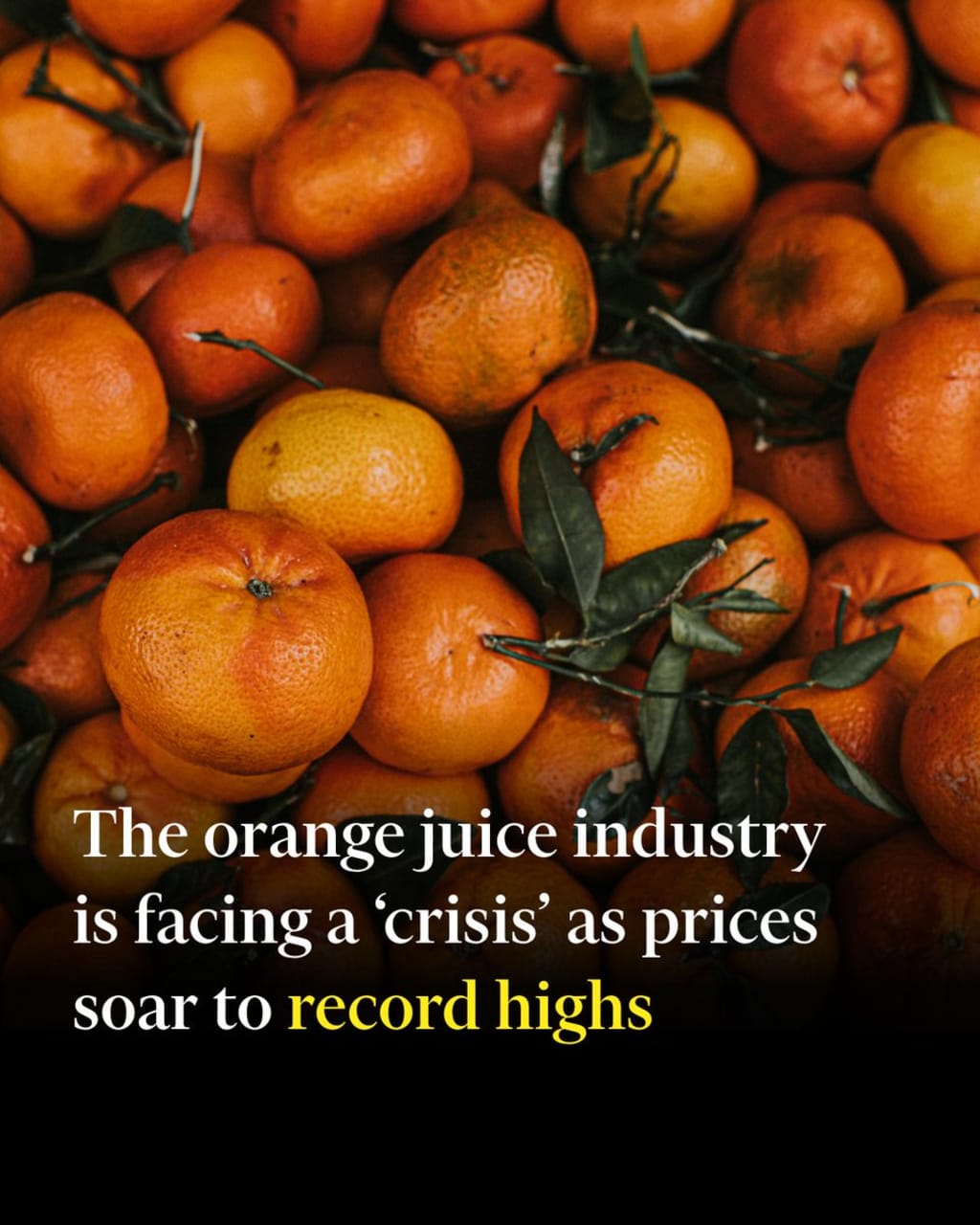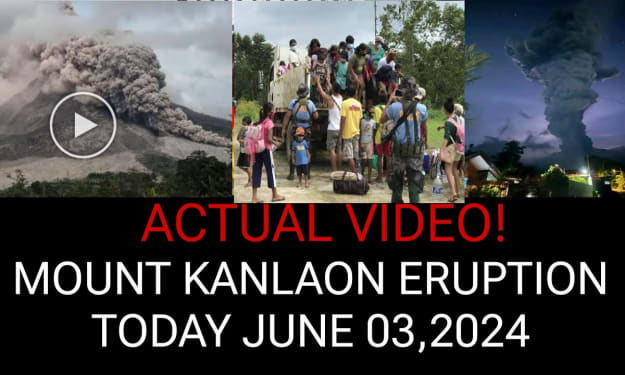Global Orange Juice Crisis Fueled by Disease and Climate Change
Global Orange Juice Crisis Fueled by Disease and Climate Change

Brazil's Orange Juice Crisis: A Bitter Reality
Imagine a world where your breakfast is devoid of the refreshing taste of orange juice, or your favorite cocktail is missing its citrusy punch. This unsettling scenario is becoming a possibility as Brazil, the world’s leading supplier of oranges for juice production, faces a severe crisis. A relentless disease known as citrus greening is ravaging the orange groves, turning the fruit bitter and eventually killing the trees. Adding to this agricultural disaster, Brazil is also grappling with the adverse effects of climate change and severe weather, further straining its orange production capabilities. This South American nation, which supplies 70% of the world's oranges for the juice industry, is in dire straits, and the global orange juice market is feeling the impact. Orange juice manufacturers are now resorting to blending other fruits, such as apples, grapes, and mangoes, to meet the insatiable demand. Our final report delves into the challenges faced by Brazilian juice makers as they navigate this crisis.
The Unseen Struggle of Brazilian Juice Makers
Orange juice has long been the global favorite, overshadowing apple, peach, and pineapple juices. It’s a staple at breakfast tables and a key ingredient in numerous cocktails. However, the world might soon have to bid farewell to its beloved orange juice. The industry is facing a severe crisis due to disastrous harvests in Brazil.
Wholesale prices of oranges have skyrocketed due to poor harvests. This week, the price of orange juice concentrate hit a record high, nearly $5 for one pound (about half a kilogram). Brazilian orange growers predict a 24% drop in this year's harvest, amounting to just 232 million boxes of orange juice. Farmers attribute this decline to citrus greening, a disease spread by sap-sucking insects, exacerbated by last year’s extreme heat and drought. This marks the third consecutive difficult year for global orange harvests.
The Impact of Citrus Greening and Climate Change
Citrus greening disease is causing significant damage, turning the fruit bitter and ultimately killing the trees. The disease, coupled with severe climate conditions, is devastating Brazilian orange groves. The relentless heat and drought have not only fostered the spread of the disease but have also weakened the trees, making them more susceptible to pests and diseases. As a result, the global orange juice supply is at its lowest in decades, and manufacturers are unable to rely on frozen juice reserves, which have also been depleted.
The International Fruit and Vegetable Juice Association is considering lobbying for changes to UN food regulations to allow blending orange juice with other citrus fruits. This unprecedented move underscores the severity of the crisis. Such regulatory changes could help mitigate the impact on consumers but would represent a significant shift in how orange juice is traditionally produced and consumed.
The Future of Orange Juice
Experts are painting a grim picture as the costs of production soar and growing conditions worsen. The ongoing crisis has forced drink makers to produce lower-quality juice and mix it with other fruits such as apples, mangoes, and grapes. Some manufacturers are contemplating raising prices to maintain the quality of orange juice. This could lead to a scenario where orange juice, once a common household staple, becomes a luxury item.
With no quick fix in sight, consumers might need to brace themselves for higher prices or develop a taste for new fruit blends at the breakfast table. The orange juice industry is indeed in a tight spot, navigating through a period of significant challenges and uncertainties.
Conclusion: A Citrus Conundrum
The crisis facing Brazil's orange groves highlights the broader vulnerabilities within global agriculture, particularly in the face of climate change and persistent plant diseases. As consumers, we may need to adjust our expectations and habits, embracing new blends and flavors as the industry adapts to these challenges. The plight of Brazilian orange growers and juice manufacturers underscores the importance of sustainable farming practices and the urgent need for innovative solutions to combat agricultural diseases.
In the short term, we might see a rise in prices and a shift towards mixed fruit juices. However, this crisis also presents an opportunity for the industry to innovate and for consumers to broaden their palates. As we navigate through this citrus conundrum, one thing is clear: the resilience and adaptability of both producers and consumers will be key to overcoming this bitter challenge and ensuring the future of our beloved orange juice.
About the Creator
Inie Hermedalla
Hi I'm Inie a budding writer with a passion for exploring new ideas and telling compelling stories.
Enjoyed the story? Support the Creator.
Subscribe for free to receive all their stories in your feed. You could also pledge your support or give them a one-off tip, letting them know you appreciate their work.






Comments
There are no comments for this story
Be the first to respond and start the conversation.